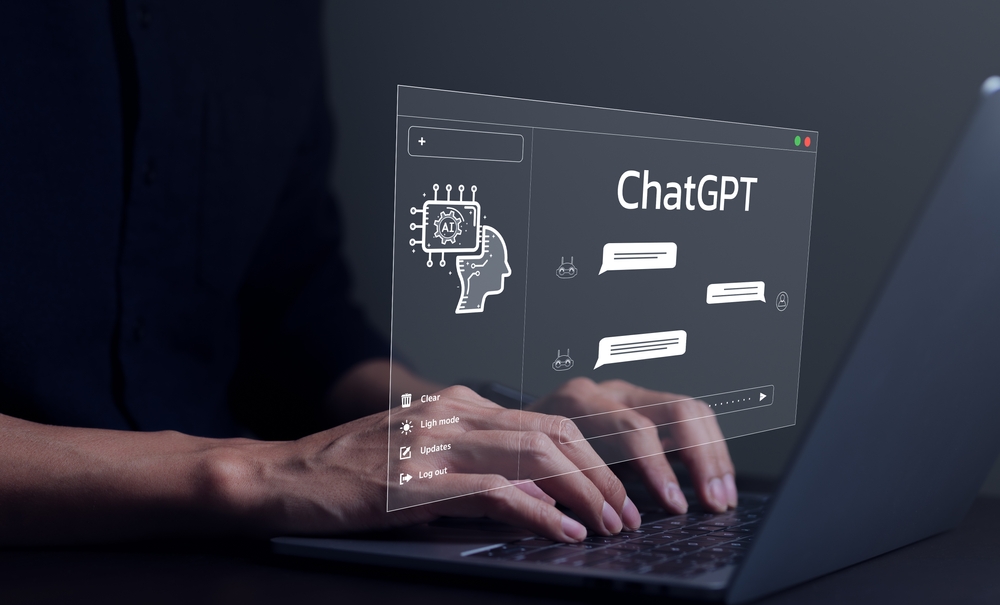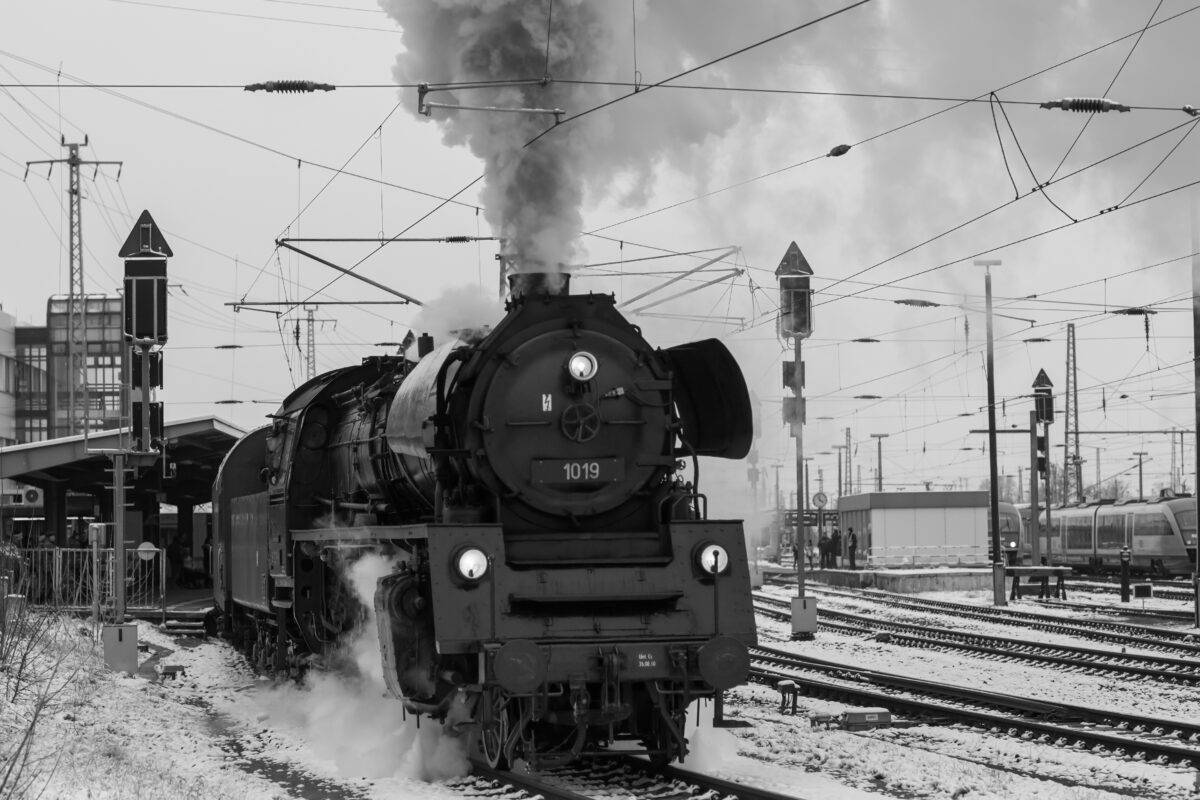 #Columns
#Columns
Gears and algorithms: The “steam” that will power the twenty-first century
Cutting-edge technology has not yet spread far and wide enough to have positive impacts and externalities on the entire economic and social fabric
 Launched by OpenAI in November 2022, ChatGPT is based on deep neural network algorithms | Image: Shutterstock
Launched by OpenAI in November 2022, ChatGPT is based on deep neural network algorithms | Image: Shutterstock
Over the past 16 months, since OpenAI (now heavily backed by Microsoft) launched its online ChatGPT3 tool, there has been growing excitement around the technological possibilities of artificial intelligence (AI).
Many analysts, including Erik Brynjolfsson and Andrew McAfee in their last two books—The Second Machine Age (W. W. Norton & Company, 2016) and Machine, Platform, Crowd: Harnessing Our Digital Future (W. W. Norton & Company, 2017)—believe we are on the cusp of radical socioeconomic, technological, and cultural changes that are comparable only to the transition between feudalism and capitalism made possible by the growing use of the steam engine from 1750 onward.
Such enthusiasm has been reflected in a profusion of news articles, business cases, mobile apps, social media posts, and of course, a new wave of coaches, mentors, and gurus offering words of wisdom on how to “make money with AI.”
One famous major consultancy has already predicted that AI will be responsible for an enormous 26% increase in China’s gross domestic product (GDP) by 2030.
Despite all this noise, the more traditional macroeconomic indicators, such as labor productivity and the resulting GDP of the USA (still the biggest economy in the world), are not showing any tangible impacts of the technological avalanche that is supposedly rolling through everything in its path.
In fact, the largest market research consultancies predicted a recession for 2023, and despite the surprise of the slightly positive final numbers recorded for the year, these same firms are continuing to predict little growth for the US economy in 2024.
They are doing so because no major changes have been observed in labor productivity in the USA over the last 20 years.
So where are the effects of AI and its purported “magical” ability to transform everything it touches? One caveat is that the indicators mentioned above are not influenced solely by technological changes: pandemics and wars also have an impact.
But even so, if AI is as powerful as it is claimed—some people have even spoken of an imminent “singularity” in which AI will surpass human intelligence—an unequivocal macroeconomic impact should be expected.
The fact is, we are not seeing that. So why not?
Changes not yet dispersed
The first and simplest answer would be that the technological possibilities have been overestimated. This has happened before—for example, with the hype around cloning in the 1990s, as well as about the use of nuclear energy after the Second World War (1939–1945).
Could it be that AI is just another technology experiencing a moment of great expectation, to be followed by a phase of disillusionment and ultimately set to become a tool of economic relevance in specific niche areas?
That does not seem likely, mainly because AI, unlike other previous cases, increases our ability to process information. The greater this capacity, the greater the production of new information tends to be, creating an exponential process of innovation.
A second, more complex but more appropriate interpretation (which considers the unique nature of AI, whose very innovation generates a new wave of innovations) would suggest that the current technological developments have not yet spread far and wide enough to have positive impacts and externalities on the entire economic and social fabric.
In other words, we are still trying to understand how to make use of this vast potential. This perspective is defended by the authors mentioned above.

The equivalent would be a servant of the feudal system seeing a contraption called a “steam engine” move a loom for the first time, and then from that alone trying to extrapolate the socioeconomic consequences of this new technology, which eventually led to the creation of the modern concept of the family, school, business, work, time, and almost everything that we know as routine in contemporary capitalism.
However, the profound changes established by the Industrial Revolution in the eighteenth and nineteenth centuries, which were strong enough to “bend the curve of human history,” only occurred after steam engine technology had spread into most economic sectors.
Simply introducing an innovation, even a radical one, is not enough to promote socioeconomic development observable in macroeconomic indicators.
It turns out, therefore, that when it comes to AI — no matter how fast it spreads — this process will never be automatic, mainly because it is an extremely complex social phenomenon. In addition to not being automatic, dispersal is not guaranteed.
The history of technology is far from being technologically determined.
Everything seems to suggest that AI will lead to incisive transformations, but such transformations will take time and will not be direct or linear.
Not everything that is technologically possible is socially desirable or economically viable. One thing we know for sure is that the future will not be boring.

André Tortato Rauen is an economist with a PhD in science & technology policy from the University of Campinas (UNICAMP), currently a professor at the College of the Federal Public Audit Office (TCU). He is also a special advisor to the Brazilian Industrial Development Agency (ABDI).
Opinion articles do not necessarily reflect the views of Science Arena or Einstein Hospital.
*
This article may be republished online under the CC-BY-NC-ND Creative Commons license.
The text must not be edited and the author(s) and source (Science Arena) must be credited.



